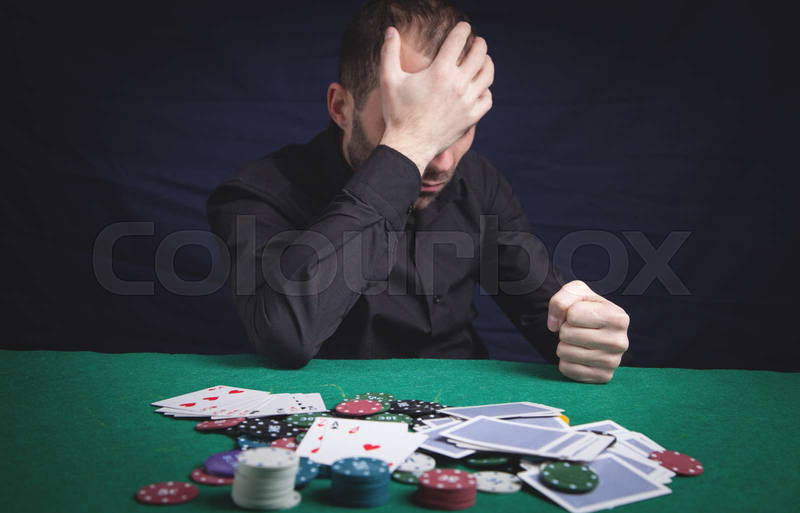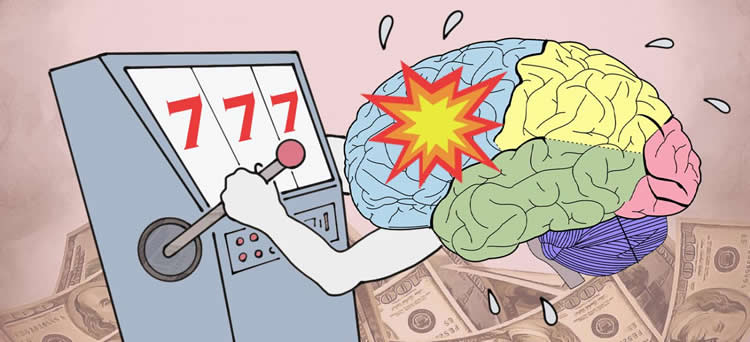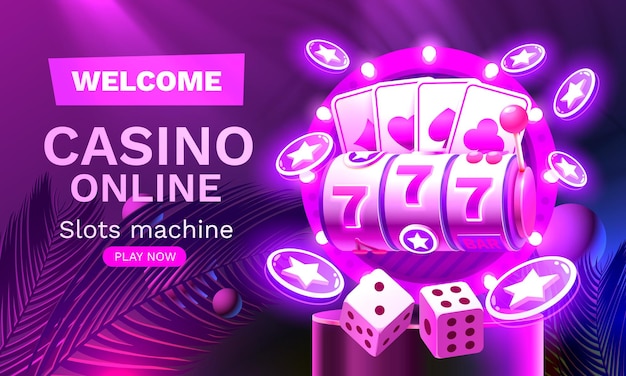Escaping the “Gambling Realm” is a monumental achievement, but it is just the first step on a long journey of recovery. The aftermath of a gambling addiction can be devastating, leaving behind a trail of financial ruin, damaged relationships, and a profound sense of loss. Rebuilding your life requires a structured approach, focusing on practical steps to heal both your personal and financial health. This guide outlines the essential actions needed to move forward and build a stable, fulfilling future.
The first and most critical area to address is your finances. The financial devastation caused by compulsive gambling can be overwhelming, but it is not insurmountable. Start by creating a detailed, realistic budget that accounts for all income and expenses. This process may require the help of a financial counselor or a trusted family member. The goal is to gain full transparency over your financial situation. Next, take measures to restrict your access to funds. This can include giving control of your finances to a trusted person, closing credit card accounts, and self-excluding from all gambling platforms, both online and in-person. These steps create a barrier that prevents impulsive gambling during moments of temptation.
Rebuilding trust with family and friends is another cornerstone of recovery. The lies and secrecy associated with addiction can severely damage relationships. Start by being honest and transparent about your journey. Apologize for past behavior without making excuses. While trust is earned over time, consistently demonstrating your commitment to recovery is the most powerful way to rebuild those bonds. Attending therapy, both individually and with your family, can provide a structured environment to work through these difficult conversations and repair communication channels.
Mental and emotional healing is equally important. Many people turn to gambling as a way to cope with underlying emotional distress, such as anxiety, depression, or loneliness. Addressing these core issues in therapy is essential to prevent a relapse. A therapist can help you develop healthy coping mechanisms and emotional regulation skills. Joining a support group like Gamblers Anonymous can also be incredibly beneficial. Sharing your experiences with others who understand your struggles can reduce feelings of isolation and provide a sense of community. The fellowship and accountability found in these groups are powerful motivators for staying on track.
To fill the void left by gambling, it is important to find new, positive habits and hobbies. Gambling is often an all-consuming activity, and once it is gone, many people feel a sense of emptiness. Explore new interests that bring genuine satisfaction and a sense of purpose. This could be anything from picking up a sport, learning a musical instrument, volunteering for a cause you care about, or simply spending more quality time with loved ones. These activities help to retrain the brain to find reward in healthy, sustainable ways.
Relapse prevention is a constant, ongoing process. A crucial part of this is identifying and avoiding triggers. This might mean avoiding certain social situations, places, or even digital environments that could lead to a relapse. Developing a clear, actionable plan for what to do if a temptation arises is also vital. This plan should include contacting a sponsor, a therapist, or a trusted friend immediately. Remember that a slip-up is not a failure but a learning opportunity. The key is to get back on track immediately, without shame or guilt.
Finally, celebrate your progress. The journey of recovery is not linear, and every day you spend free from gambling is a victory. Acknowledge your accomplishments, no matter how small they may seem. This positive reinforcement can boost your morale and strengthen your resolve. Rebuilding your life is a testament to your strength and resilience. With patience, persistence, and the right support, a new, healthier life free from the gambling realm is possible.



